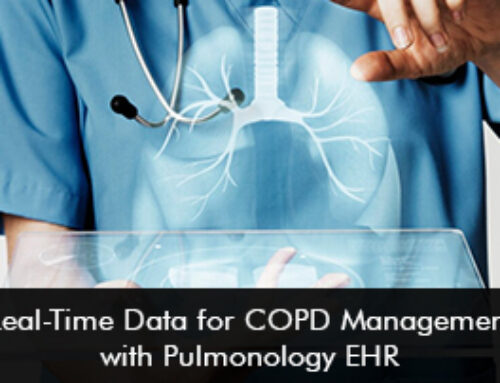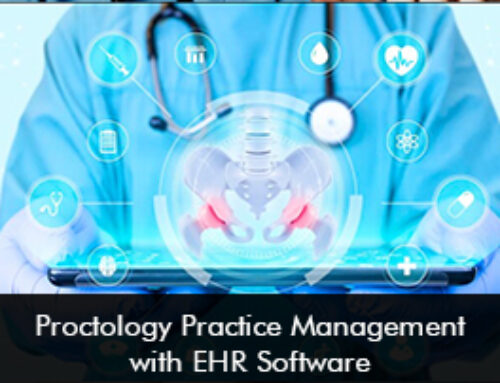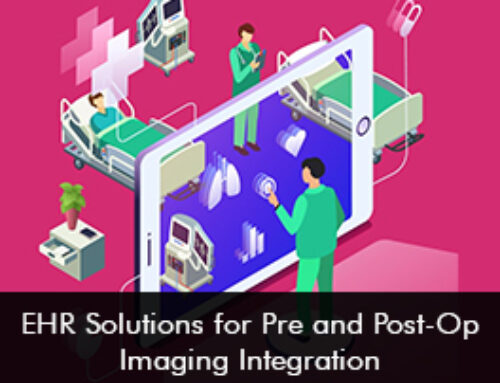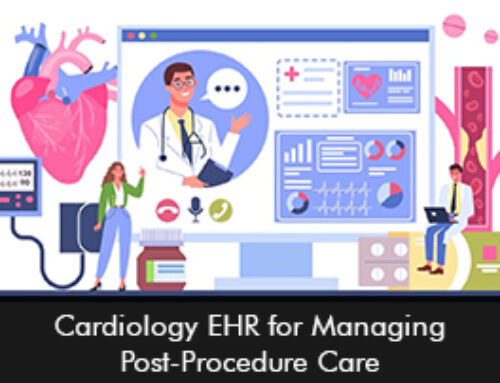In the face of global pandemics, urgent care centers play a pivotal role in frontline response. Electronic Health Record (EHR) systems are indispensable for improving pandemic readiness by enhancing patient data management, ensuring quick diagnoses, and facilitating rapid treatment. The COVID-19 pandemic has highlighted the necessity of EHR systems in managing patient flow, coordinating care, and streamlining testing and vaccination processes. As the world prepares for future healthcare crises, urgent care EHR systems remain key in enhancing patient outcomes and public health responses.
How EHR Enhances Pandemic Response in Urgent Care
Efficient Patient Triage and Testing
- Urgent care EHRs allow for faster triage of patients by providing clinicians with quick access to medical histories, allergies, and previous conditions.
- Automated scheduling systems and integrated testing workflows help manage patient testing for infectious diseases like COVID-19 efficiently.
- EHR-driven patient portals allow individuals to pre-register and provide symptoms online, reducing wait times in urgent care facilities.
Contactless Care and Telehealth Integration
- EHRs in urgent care integrate telehealth services, allowing patients to access virtual consultations during pandemics, limiting physical interactions.
- Secure communication features in EHRs enable real-time remote diagnoses and treatment recommendations, reducing the spread of infection in urgent care settings.
Real-Time Data Reporting and Surveillance
- EHRs provide healthcare providers with the ability to generate real-time reports on patient trends, infection rates, and testing results.
- This data is essential for tracking outbreaks, identifying hot spots, and planning resource allocation for urgent care facilities.
- EHR systems help share this information with public health authorities, contributing to a coordinated pandemic response.
Streamlined Vaccine and Treatment Management
- Urgent care EHRs support the scheduling and documentation of vaccinations, allowing for efficient distribution of vaccines during pandemics.
- These systems also track adverse reactions, monitor patient progress, and help clinicians administer follow-up doses.
Top 5 Recommended Urgent Care EHR Software
Athenahealth
Athenahealth offers an intuitive EHR platform that excels in pandemic preparedness with real-time patient data sharing and vaccine management.
NextGen Healthcare
Known for its telehealth integration, NextGen is ideal for urgent care settings requiring remote patient consultations and vaccine tracking.
eClinicalWorks
eClinicalWorks offers an all-in-one solution for urgent care, integrating telehealth, lab testing, and patient management for pandemic response.
Practice Velocity
Specifically designed for urgent care, Practice Velocity provides streamlined workflows for testing, patient registration, and treatment during pandemics.
Cerner
Cerner’s EHR solutions for urgent care include tools for pandemic management, with real-time reporting and telehealth features.
Urgent care EHR systems have proven to be crucial in pandemic response, enabling quick patient triage, efficient testing, and seamless integration of telehealth. As healthcare providers prepare for future pandemics, EHRs like Athenahealth, NextGen, and eClinicalWorks are critical to ensuring readiness and safeguarding public health.







